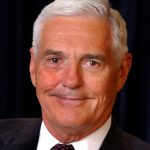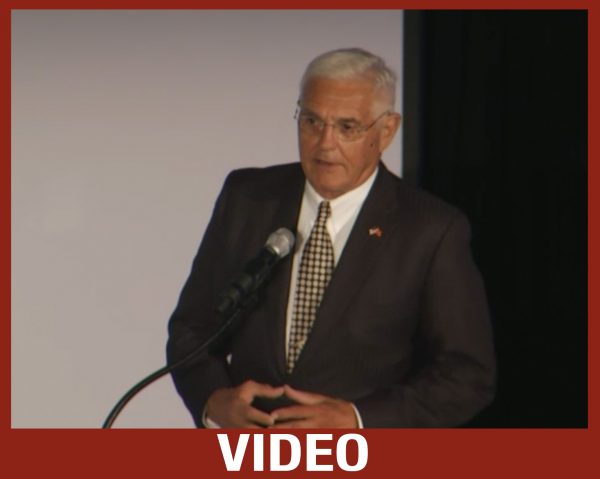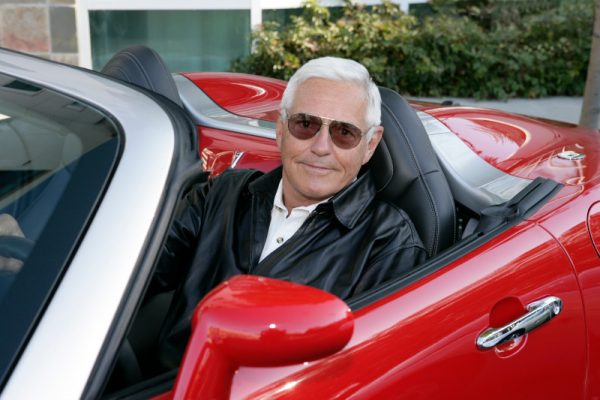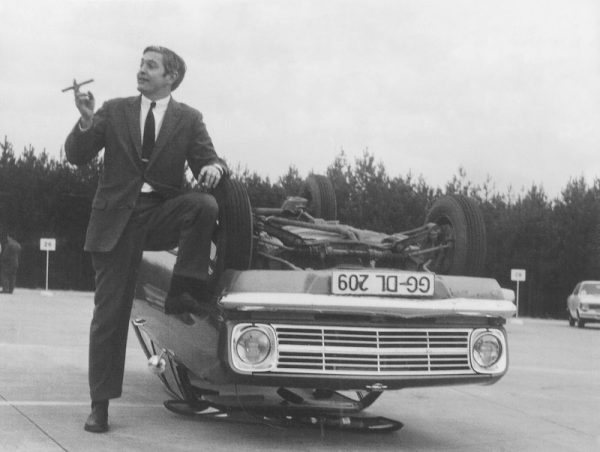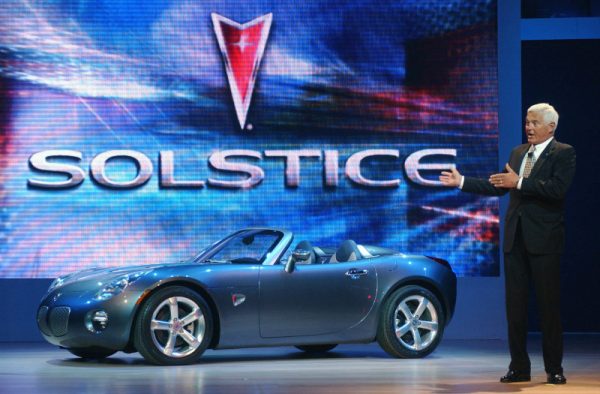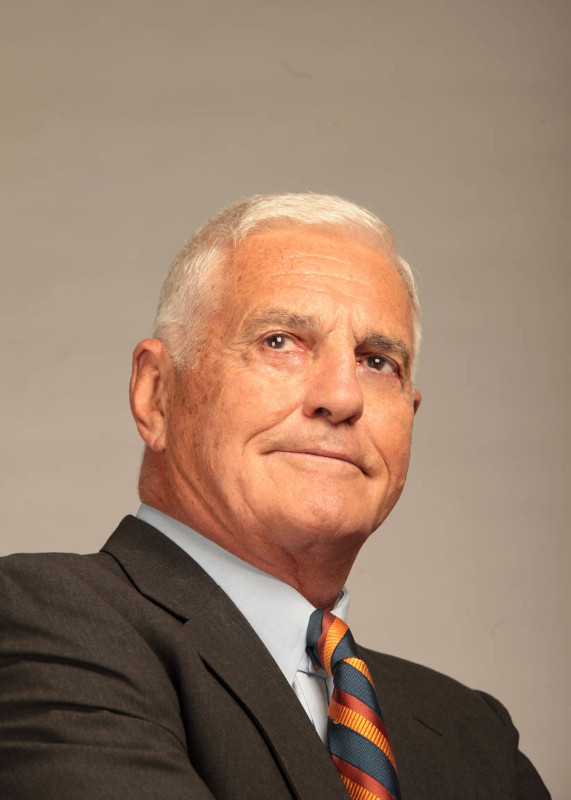Robert A. “Bob” Lutz retired as General Motors’ vice chairman on May 1, 2010, after a 47-year career in the global automotive industry. Lutz may have had his fingerprints on the launch of more cars and trucks than anyone else in the history of the American car business.
Lutz was born in 1932 to a banking family in Zurich, Switzerland. In his youth, his family spent time in both the United States and Switzerland. Because he split time between Europe and the U.S., Lutz never found much interest in his schoolwork, and joined the U.S. Marine Corps after graduating high school in 1954. He became a Marine fighter pilot and was stationed in El Toro, CA and Okinawa and Iwakuni, Japan. He returned to the United States and enrolled at the University of California at Berkley. Lutz graduated in 1961 with a bachelor of science degree and, in 1962, an MBA. He was hired by General Motors for their Overseas Planning Office.
Between 1962 and 2010, Lutz worked for a wide variety of organizations, both in North America and abroad. His North American ventures include: General Motors, (pushing the Pontiac Solstice concept car and championing the import of the Australian Holden Monaro as the Pontiac GTO); Ford, (initiating the highly successful Ford Explorer); Chrysler, (revamping product development, resulting in the very popular cab-forward LH sedans and the new Ram pickup, and conceiving the Dodge Viper halo sports car); Cunningham Motor Company, (launching the company and padlocking it shortly thereafter); and overseeing a number of well received products including the Chevrolet Malibu, Cadillac CTS and Saturn Aura, and last but not least, spearheading the development and production of the all-electric Chevrolet Volt.
His European successes include Opel, where he helped sneak an Opel GT concept car into the 1965 Frankfurt Motor Show (it was a hit, but his GM bosses weren’t pleased!); BMW AG in Germany, where he developed the first 3-series and 6-series; and Ford of Europe, which he led as CEO.
“Sacrificing future products for short-term financial gains is like a farmer eating his seed potatoes instead of planting them,” Lutz once said.
